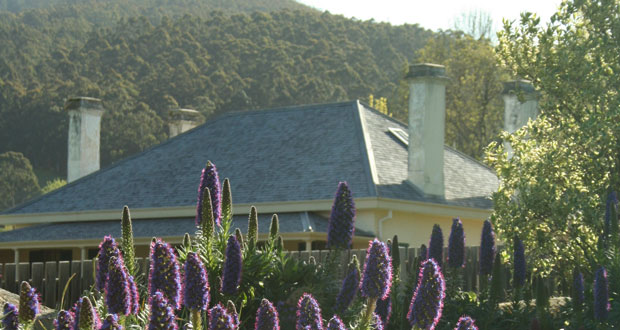The concept of suburbia may seem a contemporary one. In fact, the word suburb, literally meaning ‘below the city’, goes back to the 14th century, and is mentioned in one of Chaucer’s Canterbury Tales as a hiding place for robbers and thieves. This reputation for seediness lingered around the suburbs for a long time. In the 17th century, a suburb sinner was another name for a prostitute. What is more modern about the word is the sense of pervasive dullness, captured in the phrase (sub)urban sprawl, as industrialised cities spread into the countryside, creating homogenised, monotonous living conditions. The recent coinage ruburb (a blend of rural and suburb) has yet to fully establish its identity. Some, like American author Robert Sullivan, use it negatively to describe the urbanisation of the landscape (Publishers Weekly May 22, 2006). Others present it in a better light – a place to escape the hustle and bustle of city life in more tranquil surroundings. In the ruburbs, there is more space, and housing is cheaper. Rather than living in an apartment, you might be able to afford a house with some land where you could grow a few veggies. Maybe even some rhubarb.
Please login below to view content or subscribe now.
 Campus Review The latest in higher education news
Campus Review The latest in higher education news

